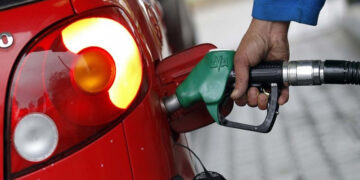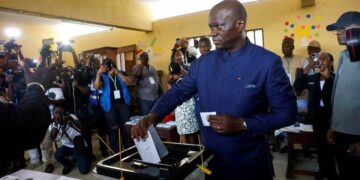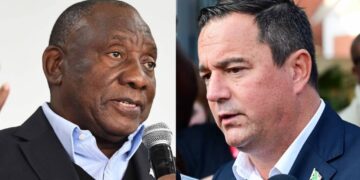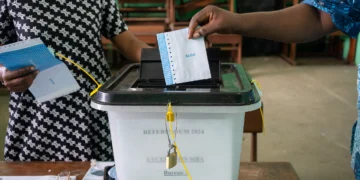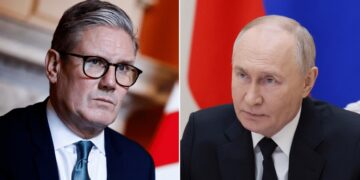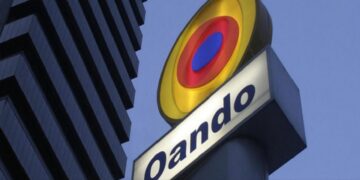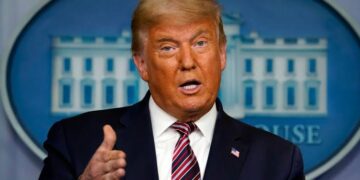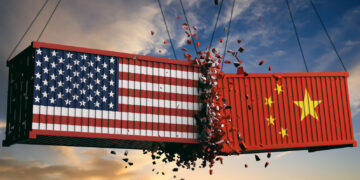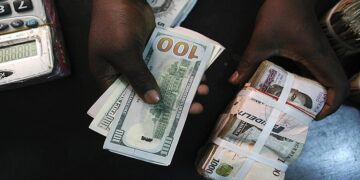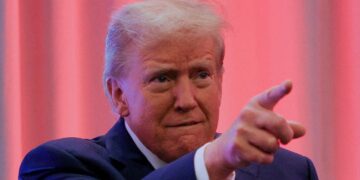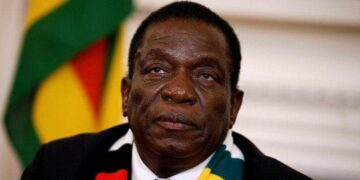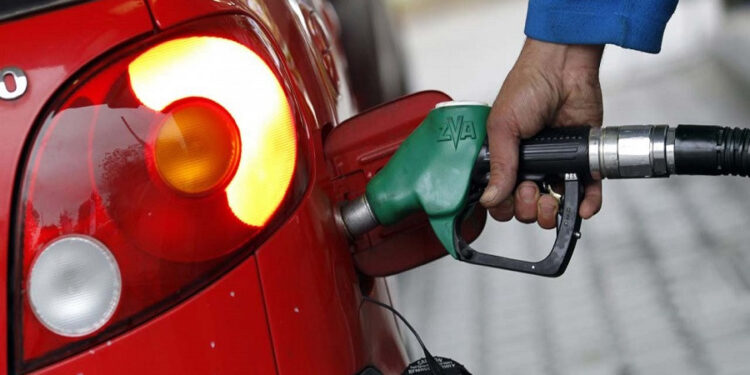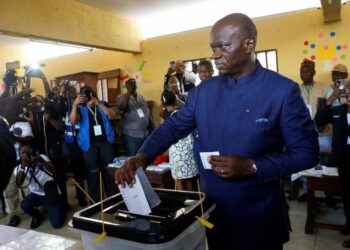Many Nigerians are struggling with high fuel costs, but new data shows the country actually has the lowest petrol prices in West Africa. In fact, Nigeria ranks as the 13th cheapest country for fuel in the world.
Right now, Nigerians pay less than $1 per liter of petrol. Even at ₦1,000 per liter, this is still much cheaper than the global average of ₦1,922. The current price in Nigeria is around ₦940 per liter after recent changes when the Dangote refinery stopped selling fuel in naira.
Compared to nearby countries, Nigeria’s fuel is far more affordable. In Liberia, petrol costs ₦1,365 per liter. Ghana charges ₦1,611, while Benin Republic and Togo sell at ₦1,817 and ₦1,778 respectively. Other West African nations like Burkina Faso, Sierra Leone, and Ivory Coast all have prices above ₦2,000 per liter.
Globally, only a few countries have cheaper fuel than Nigeria. Libya has the world’s lowest price at just ₦42 per liter. Iran and Venezuela also have very low costs at ₦45 and ₦54. On the other hand, places like Hong Kong pay the highest price at ₦5,410 per liter.
The report explains that richer countries usually have higher fuel prices because they add more taxes. Poorer countries and oil producers like Nigeria often keep prices low. The United States is different though – it’s a rich country but still has relatively cheap fuel at ₦1,413 per liter.
Before May 2023, Nigerians enjoyed very low fuel prices below ₦200 per liter because of government subsidies. But when President Bola Tinubu removed these subsidies, prices jumped immediately. Now, fuel sells between ₦920 and ₦970 across the country, making life harder for many people who were used to cheaper petrol.
The big differences in fuel prices around the world come from how much tax each government adds. While all countries buy oil at similar international prices, some choose to tax it heavily while others keep taxes low to help their citizens. This explains why fuel costs vary so much from country to country.
Even though Nigeria’s fuel is cheaper than many places, the recent price increases have still caused pain for ordinary Nigerians who now spend much more on transportation and daily needs. The removal of subsidies has made life more expensive even though, compared to other countries, Nigerians are still paying relatively little for petrol.
